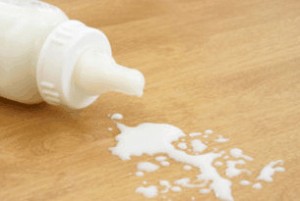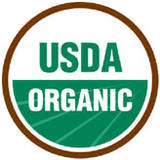The news has been reporting about contaminated baby formula that has its origin in China. The offensive substance is melamine, which is widely used in the manufacturing of plastics and paints. The industrial chemical most definitely has no place in human foods, as the ingested substance leads to kidney stones and kidney damage, which can ultimately be fatal. The number of sick infants has been on the increase, and numerous deaths have now been reported. Initially melamine was found only in baby formula which was produced by the state owned Sanlu Group, but as more products have been scrutinized, the offending substance has been found in 22 out of China’s 109 dairy manufacturers’ brands. While Sanlu seems to be the worst offender in this contamination spree, the list also included the two other largest manufacturers-the Yili Industrial Group that was one of the sponsors of the Beijing Olympic Games and the Hong Kong Mengniu Dairy.
While there has been a recall of the products on September 11, this has not been early enough. The Sanlu board of directors was first advised as early as August 2 that there was a problem with contamination of infant formula. It may seem to the consumer in other parts of the world that the contamination scandal is strictly the business of China, but in a global market this vision may be short-sighted. A vast amount of products in the global market have their origin in China.
The infant formula has been exported to African countries, to Indonesia and to India. Import stores on other continents carry products that are purchased by customers who remember the product from China. The melamine contamination seems not to be confined to infant formula only: there have been product recalls on yogurt drinks and candy, in which melamine laced milk powder has been used. There may be import bans in place to protect consumers, but ultimately the “buyer beware” warning is still as valid as ever. Consumers must read labels carefully to check the origin of a food product. It may be packaged by a local company, but the small print states that it is imported. If in doubt, ask questions about the origin of food.
Reference: BMJ 2008;337:a1738
Last edited December 3, 2012







